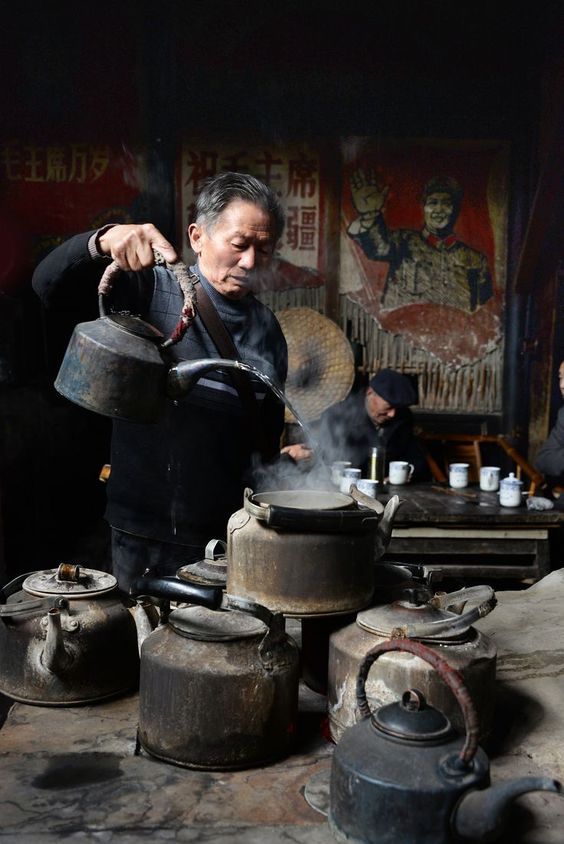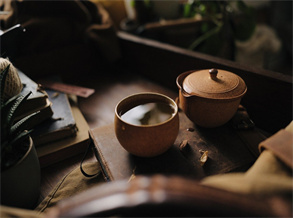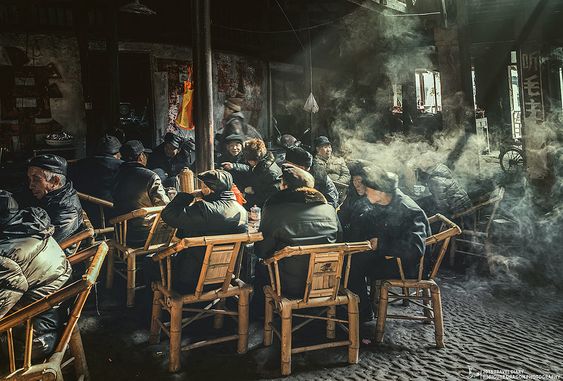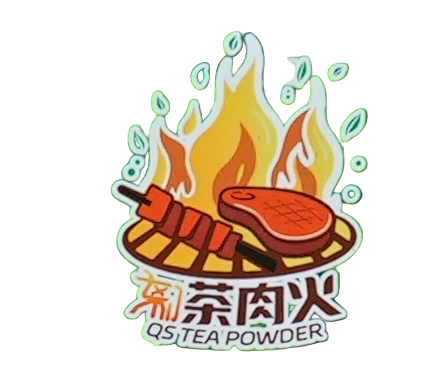The book picks up where the previous one left off.
A dozen of his photographs are collected in the book ‘Tea House’. He photographed the tea house at a very early stage and left a lot of precious records. This is the 1980s, and you can see bird-fighting and gambling in Chengdu. But if we trace its history, we can see many pictures of daily life in Chengdu. Various activities in the tea house involved words that we don't use today, such as ‘playing poetic notes’. During the late Qing and Republican periods, when reading, writing poems, and painting at home was not enough for the literati, they would sometimes go to tea houses to do so, writing their poems with a brush and hanging them in the tea house for the tea house patrons to comment on and appreciate. Wu Yu, the most radical anti-Confucian and anti-traditional hero during the May Fourth Movement, often hung out in tea houses, in Wu Yu's Diary, he wrote that he put his poems up for sale in tea houses, which was a very popular practice. Wu Yu was a very funny person, loyalty and filial piety were very important at that time, but he fought with his father, which was shocking, and he was eye to eye with the actors in the tea house, but he didn't think that was inappropriate, and he was very able to break the tradition.

There was also ‘bench theatre’, which today is called playing drums. At that time, people liked to sing Sichuan opera, but it was not a formal performance, with no make-up or costume, just sitting over there and singing, so it was also called ‘bench opera’ because it was performed sitting on a bench. This was very common in tea houses in the past.
There is also the ‘tea wheel’. What is a tea wheel? Some good friends often go to the tea house party, not each paying their own, (in order) to show the friendship, we are a group of friends, friends, each time a person pays the bill. There is a blackboard hanging in the tea house, because it is a regular group of tea drinkers, and it is written down on the blackboard, and this time I bought it, and you can see everyone's name here, so it is called the ‘tea wheel’. The tea wheel is quite good, we do not have pressure, this time you pay, next time he paid, which forms a social network, and social interaction, but also enhances the friendship.

Another is ‘shouting tea money’. In the past, in Chengdu and Sichuan outside Chengdu, if you were having tea there and your friend came in, you had to say, ‘I'll pay for someone's tea.’ This is called ‘shouting tea money’, sometimes if the person is more important people, maybe sitting in the tea house with dozens of people, everyone is shouting, like now a director came, ‘director of the money I will pay’, shows that this person's social status is relatively high, everyone fights for him to pay. I'll pay for it. Just as everyone is scrambling to pay the bill when they eat, shouting for tea money is just like this. Although everyone is shouting ‘I'll pay for it’ many people do not want to pay for it, but to save face, they have to shout it there. So the question is, you can shout there, but for the cantor, whose money is good to collect? This is a little difficult, so that period, in the tea house in the tea mixer after a long period of training and experience, he can see: this person wants to pay, this person is false, this person is there to play games. He will be able to tell the difference and make some judgments. Judgment based on what? For example, this person has a big ticket in his hand, tea was originally one yuan a bowl, if he has a hundred big tickets in his hand, this kind of person is generally not real; if he holds a dollar and says, ‘I don't want to find this one, charge me,’ this kind of person is really wanting to pay, and the waiter generally accepts this kind of person's money. Of course, it is not true that this rule is always correct. In the evening, the waiter collects a lot of change, and it is very troublesome to settle the bill if there is a lot of change. If you take a big ticket at night, the tangerine is likely to take your money, so the jargon says ‘early to play big, late to play small’, which is a set of social practices. Old tea drinkers often mix in the tea house, all know this. Of course, the tangerine can also observe the body language, you can judge whether the person is willing to pay.
The behavior of shouting for tea money is not only in Chengdu but also a similar habit in the West. In a bar in Chicago, a person arrives and the friends he knows there must call, ‘I'll pay for someone's drink.’ But there is no such pretense as in the Chengdu tea house, which is true, that if you don't accept his hospitality, he will get angry. Where does this tradition come from? From Ireland. The Irish immigrated to America and brought this tradition with them. Because the Irish villagers were so connected, everyone had a harmonious relationship in the pub. However, this custom can be maintained, but also because there are some unspoken rules: this time I entertained you, you must entertain me next time, there is a tacit agreement, if you always drink others, but not back to the invitation, it is not right. This example shows that different ethnic groups can create similar lifestyles in their respective living environments.

There is also ‘overtime tea’, which you may have heard of. What does ‘overtime tea’ mean? That is, in front of the customer left, the back of the people continue to drink the leftover tea, in the teahouse is very common, especially for children, to watch the theatre listen to commentaries, or play on the street, where to play tired, on the end of the other people's tea to drink, this is to drink overtime tea. If you are an adult, there are certain rules for drinking over tea. Adults drink overtime tea to make sure that others have gone, the tea lid has been uncovered on the table, and the tea lid is up, indicating that the person is not coming back. Chengdu teahouse used to have this habit, you can sit in the teahouse all day, for example, you have to leave in the middle, go out to do business, you can tell the hall herald ‘I'll be back in a while’, you move the bowl of tea to the middle of the table, the tea will be left there for you. If the guest has to come back, you can't go and give it to someone else. At that time, the service in the teahouse was quite good, and sometimes when you came back in an hour or two, the tea was still there, so it was usually a small profit and a big sale. It's not that you sat there for a day and the dons weren't high.
Then you may want to ask such a question: you buy a bowl of tea in the teahouse, from the morning to the afternoon or evening, just that bowl of tea, the teahouse does not do business? Such a lot of people, tired at noon to play a kip, hungry in the stall to buy some food on the past. So how do teahouses do business? This question is more difficult to answer, but I have my answer: every teahouse has a toilet, because you have to enter the sure to come out, sit a few hours you do not come out? Before opening the teahouse, if there is no money, you can use the teahouse for a variety of later to collect deposits, such as farmers or manure operations, you can invest in the teahouse to invest how much money, then the teahouse toilets can be made to fund the operation of the urine. Tea guests are ‘manure machines’, stay in the teahouse all day, and keep coming in and out of the teahouse, there is no loss to the teahouse, while the urine is to be sold for money. Nowadays, there is no such concept, and the urine can not be sold, but you have to spend money to get it out. So, once upon a time, the teahouse didn't care how long you sat there, and it was quite a good thing that you were there to turn water into urine.
